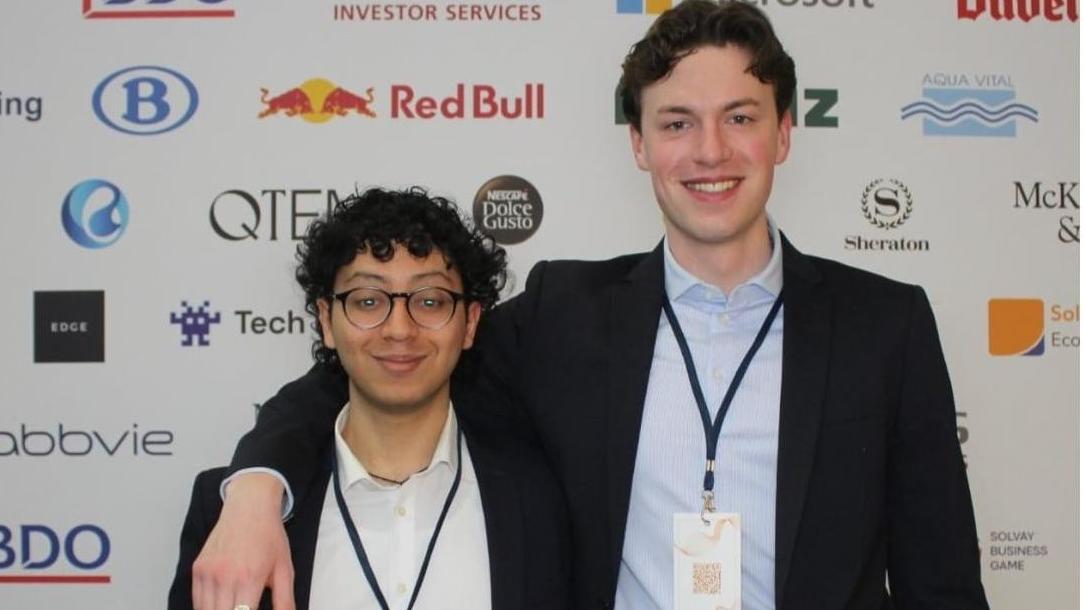"jcr:d477a3f8-3181-4218-9f62-e9b2105bfed2" (String)
Wählen Sie Ihre Sprache

Master Programme

Master Infoveranstaltungen
Erfahren Sie an einer unserer Master Infoveranstaltungen mehr über unsere Masterprogramme und finden Sie heraus, welches Programm am besten zu Ihnen und Ihrer Karriere passt. Darüber hinaus profitieren Sie von dem direkten Austausch mit aktuellen Studierenden sowie unserem Programmmanagement.
Kontakt zu Studierenden
Sie sind neugierig, wie es ist Student der Frankfurt School of Finance & Management zu sein? Unsere Student Ambassadors sind bereit ihre Erfahrungen an der Frankfurt School mit Ihnen zu teilen und Fragen zu beantworten, die Sie vielleicht zu dem Prozessen oder dem Studentenleben haben und wie Sie das Beste aus Ihrem Studium machen können. Stöbern Sie durch unsere Liste an Ambassadors, wählen Sie einen Studenten aus dem für Sie interessanten Studiengang aus und starten Sie ein Gespräch.









